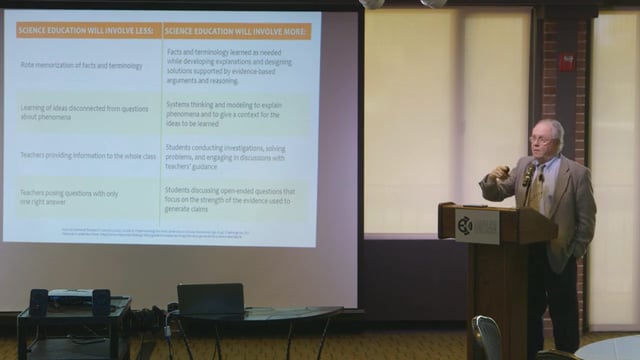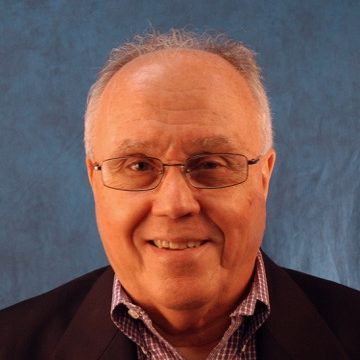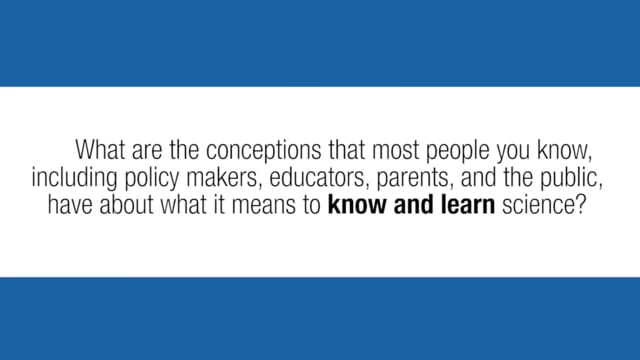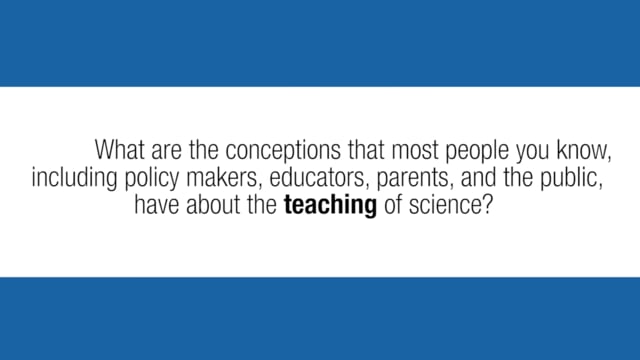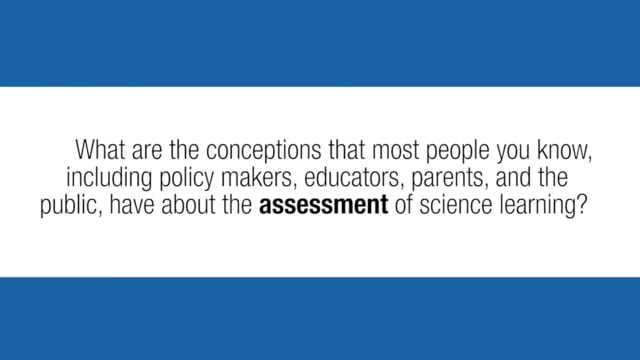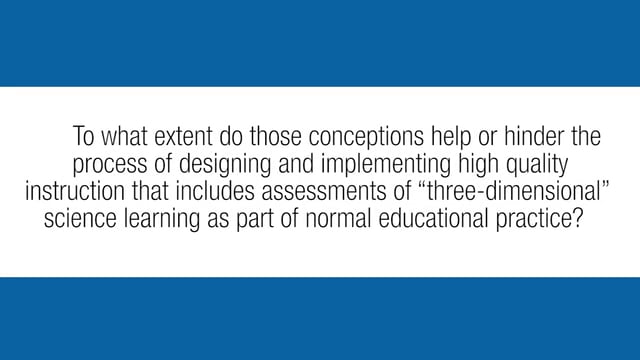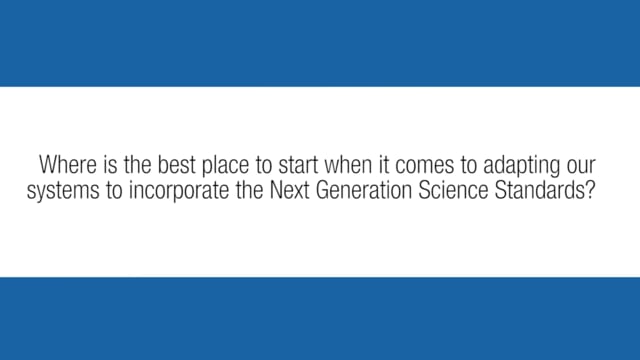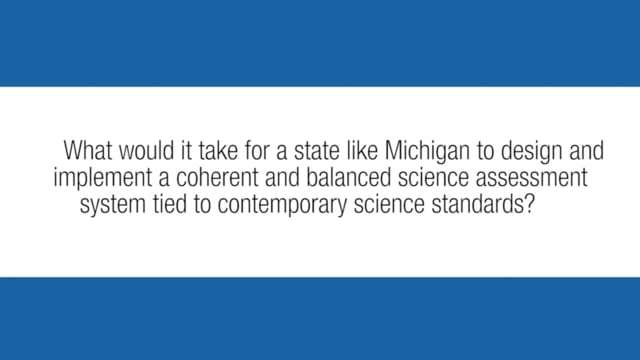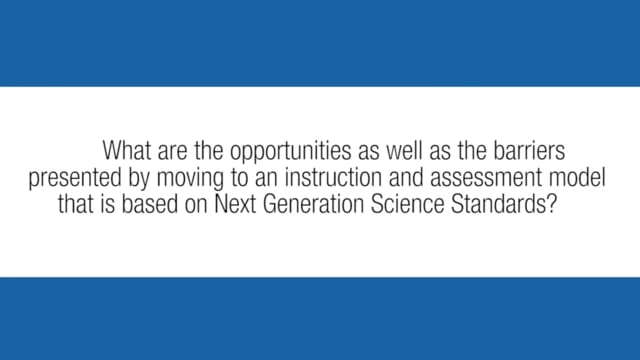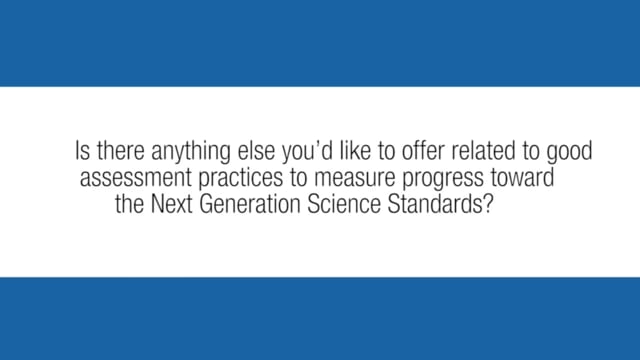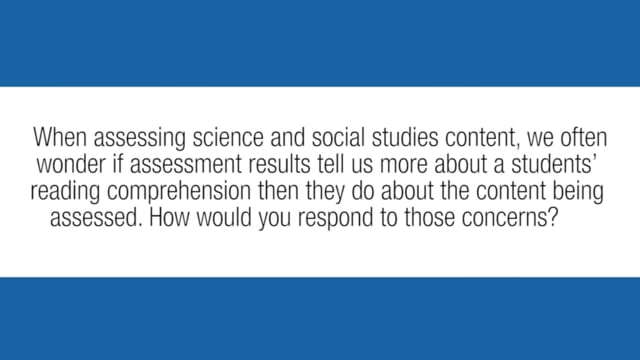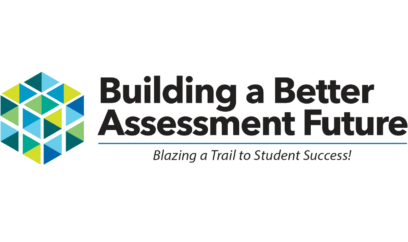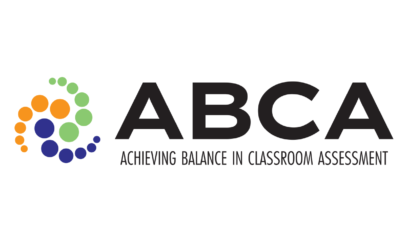Featured Presentation
A key challenge in shaping science learning for the 21st century will be to develop new measures of learning that take into account what it means to be proficient in science (Pellegrino, 2013). The emergent view on proficiency, grounded in learning sciences research, emphasizes using and applying knowledge in the context of disciplinary practices. Referred to as knowledge-in-use, this perspective on science proficiency is a centerpiece of the National Research Council’s (NRC) Framework for K-12 Science Education (NRC, 2012), embodied in the new U.S. national standards (NGSS Lead States, 2013) and emphasized in the NRC report on developing assessments to measure science proficiency (Pellegrino, Wilson, Koenig, & Beatty, 2014). Central to this view is that disciplinary content and practices should be integrated so that as students apply knowledge to make sense of phenomena and solve problems, they deepen. In this presentation, we describe a systematic and scalable approach for designing assessment items that measure student proficiency with new science learning goals that blend disciplinary core ideas and crosscutting concepts with practices. In doing so we also consider how this approach relates to the process of building coherent systems of science assessment that operate across levels from the classroom to district and state monitoring levels, including some of the options for building such a system from the “bottom up.”
Framing Questions
- What are the conceptions that most people you know, including policy makers, educators, parents, and the public, have about:
- what it means to know and learn science?
- the teaching of science?
- the assessment of science learning?
- To what extent do those conceptions help or hinder the process of designing and implementing high quality instruction that includes assessments of “three-dimensional” science learning as part of normal educational practice?
- What would it take for a state like Michigan to design and implement a coherent and balanced science assessment system tied to contemporary science standards? What are the opportunities as well as the barriers?
Event Resources



